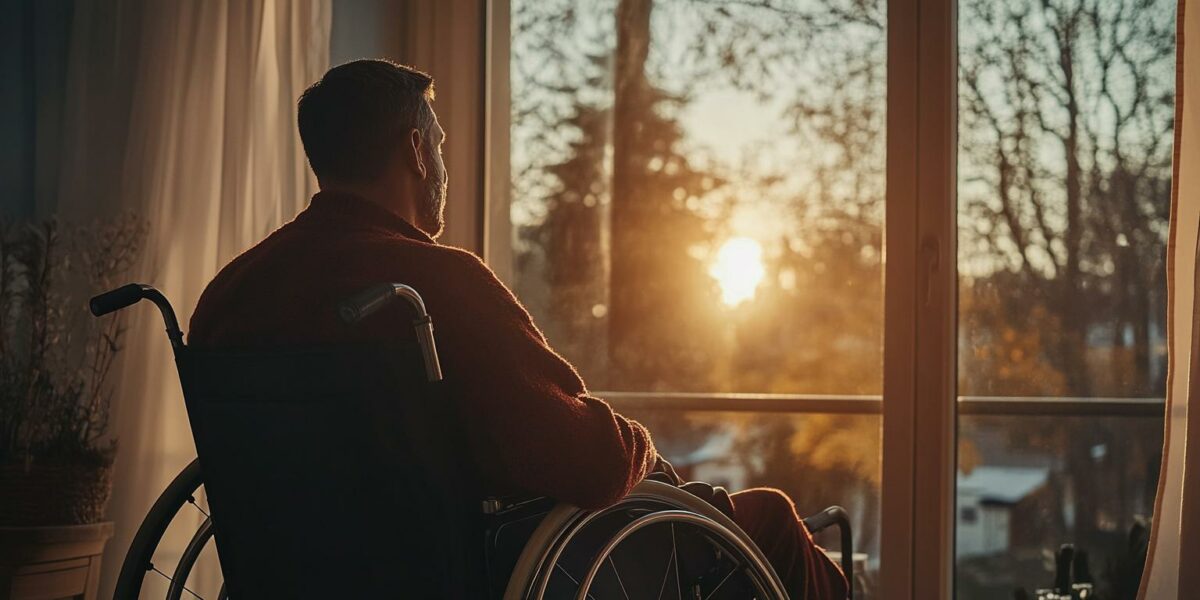The Unexpected Battle of a Lifetime
Mex Müllner, a 43-year-old from a small Austrian village, finds himself at the center of a heated legal battle. On hot days, his multiple sclerosis symptoms worsen, leaving him temporarily paralyzed. This has led him to sue the Austrian government for failing to address climate change, claiming it violates his human rights.
Despite his illness, Müllner is determined to fight. He believes Austria’s inaction on climate change directly exacerbates his condition. His lawyer, Michaela Krömer, supports this by arguing that the government’s failure to curb emissions infringes on his rights under the European Convention on Human Rights.
If Müllner’s case progresses, it could set a global precedent. No individual has yet managed to get standing in a climate case at the European Court of Human Rights (ECHR). This could mark the first time personal harms from climate change are recognized as human rights violations.
Austria’s climate policies are under scrutiny as the nation failed to meet recent EU deadlines for climate plans. Müllner’s case underscores the pressing need for countries to take more aggressive measures against global warming, especially for those whose health is directly impacted.
A Fight Against Rising Temperatures
Heat significantly worsens Müllner’s condition. He spends his summer days indoors, isolated from the world. The increasing number of hot days and nights in Austria highlights the urgent need for action. The country is warming faster than the global average, making life increasingly difficult for people like Müllner.
Müllner’s story echoes those of children suing their governments for a livable future. However, his situation is more immediate. His disease and the rising temperatures create a perfect storm, rendering him unable to perform daily activities during heatwaves.
Müllner’s case could pave the way for others. Similar cases have seen success; for instance, a South Korean case led to stricter emissions targets. Such victories show the potential for legal battles to drive significant climate policy changes.
Key points of Müllner’s argument include:
- Austria’s failure to meet EU climate commitments
- The direct impact of rising temperatures on his health
- The broader implications for human rights under the European Convention
Challenging Legal Precedents
The ECHR recently ruled on a case brought by senior women in Switzerland, who argued that climate change disproportionately affects older people. While the court acknowledged the issue, it did not grant standing to individual plaintiffs, only to the collective group.
This sets a high bar for Müllner’s case. The court must decide if his specific situation qualifies him as a direct victim of climate change. Andreas Müller, a human-rights law professor, believes Müllner’s strong evidence gives him a good chance of success.
A win for Müllner could pressure Austria to strengthen its climate laws. This could inspire more legal actions across Europe, each contributing to a broader push for more robust climate policies.
However, a victory would not reverse the damage already done. Müllner’s life would remain challenging, but his case could be a crucial step in the fight against climate change, influencing future legal and policy decisions.
The Broader Implications
Even if Müllner wins, the impact on Austria’s emissions would be marginal. Austria contributes less than a quarter of one percent to global emissions. But the case is part of a larger strategy to hold governments accountable and push for stronger climate commitments.
Müllner’s experience as an energy consultant makes him acutely aware of climate issues. He sees his lawsuit as a civic duty, aiming to protect future generations from the harsh realities of climate change.
People with disabilities are particularly vulnerable to climate events. Müllner’s medically proven conditions make him an ideal candidate to challenge the government’s inaction in court.
By taking this stand, Müllner hopes to pave the way for others who suffer silently. His courage and determination highlight the human cost of climate change and the urgent need for legal and policy reforms.



levicelestia7
Hope this sets a precedent. Climate justice is long overdue!
lauren
Very interesting read. How does Müllner’s lawyer plan to prove the direct link between climate change and his condition?
JackNebula
Good grief, suing the government over heat? This is getting out of hand.
olivegalaxy1
Austria’s climate policies are really lacking, as this case shows. Time for a change!
AvaPrism3
Best of luck to Müllner! His fight is so important for all of us.
Mariah2
Isn’t this a bit extreme? How can one person sue an entire government?
isabelleoasis
This is a very serious issue. Climate change affects everyone, especially vulnerable groups. Thanks for sharing!
IsabellaIllusion
Can the government actually be held responsible for climate change effects on individuals? 🤔
Jackson
Wow, this is such a brave move by Müllner! Hope he wins and makes a real impact. 💪